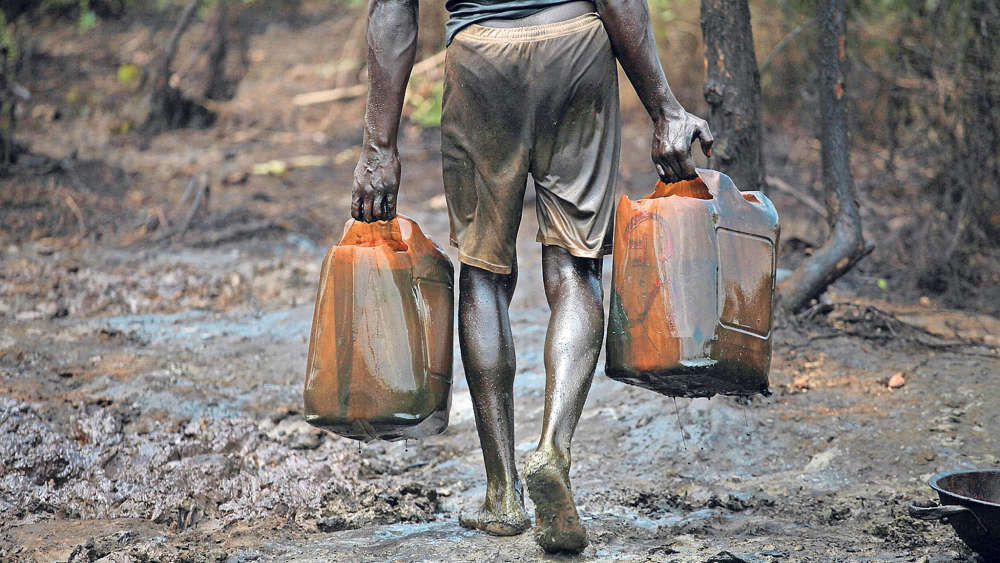
Oil is Nigeria’s moneymaker, it has remained a major contributor to the financial strength the country attained through decades of boom and it has also led to failed earnings during difficult times. It’s believed that the management process of administration of petroleum products had given way to many tunnels of corruption and exploration since its inception.
Nigeria is one of the largest oil exporters in the world, with a large reserve and a less efficient management system; Nigeria’s President, Muhammadu Buhari revisited the 1963 Petroleum Act to build a future of opportunity as sales dwindled in the oil markets.
Oil is Nigeria’s moneymaker, it has remained a major contributor to the financial strength the country attained through decades of boom and it has also led to failed earnings during difficult times. It’s believed that the management process of administration of petroleum products had given way to many tunnels of corruption and exploration since its inception.
Nigeria's President, Buhari says over $50 billion of earnings have been lost in the approach of government through the years. He insists that getting the new law to constitute new processes was inevitable after much deliberations on the Petroleum Industry Bill (PIB) had lasted over 20 years with deliberations unrelenting on appropriate clauses that accommodate all the needs of stakeholders.
The backchanneling arguments to stop the passage of the bill or twist the outcomes in favour of a few retrogressive oil politicians provided a tense plenary for Nigerian lawmakers who spent time phrasing the terminologies to cover issues arising including benefits to host communities, institutionalizing public oil companies and fuel subsidy threshold plans.
Buhari in a briefing on the passage of the PIB reiterated that the ‘Act also provides for a direct benefit framework that will enable the sustainable development of Host Communities. I appeal to the host communities to look carefully at the contents of the Bill, which in the implementation, will bring real and lasting benefits to them.’
Host communities in Nigeria through their lawmakers had requested the National Assembly to consider a margin of 5% benefit for oil-producing communities considering clean up exercises promised during the inception of the administration appears swept under the carpet.
Nigeria remains a major oil player in dire need of coordinating its activities to attract investment into the country and improving its production margins to 4 million barrels per day and reserve 40 billion barrels for future trades.
The Secretary-General, Organisation of Petroleum Exporting Countries (OPEC), Mohammed Barkindo says the Buhari led government had reached a historic achievement and the resources will be vital to world markets engagement and investment opportunities for the country,
Nigeria’s quest to benefit from oil comes at a time when the attention of global players is on alternative sources of energy with the attributes to keep issues of a safe environment on the front burner.


